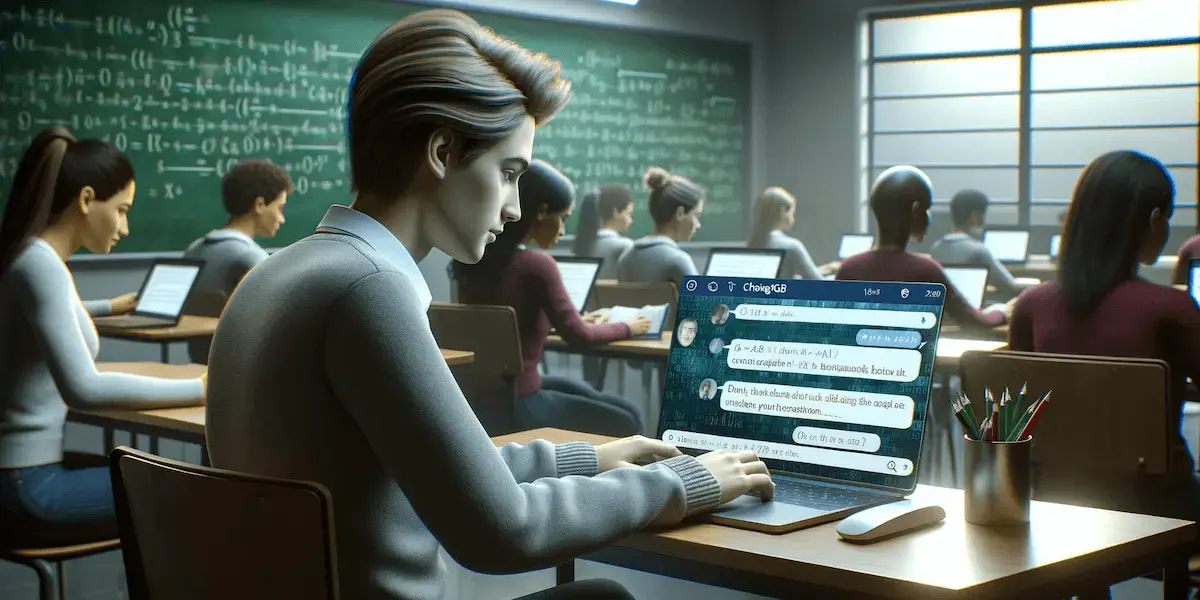Objective: To investigate how generative AI, specifically GPT-4, affects human learning in high school math classes.
Methods:
- Large-scale randomized controlled trial with nearly 1,000 students across three high school grades
- Three treatment arms: GPT Base (similar to ChatGPT), GPT Tutor (with learning safeguards), and control (no AI access)
- Four 90-minute sessions comprising 15% of the math curriculum
- Performance measured on assisted practice problems and unassisted exams
Key Findings:
- GPT Base improved performance on assisted practice problems by 48%
- GPT Tutor improved performance on assisted practice problems by 127%
- GPT Base decreased performance on unassisted exams by 17%
- GPT Tutor had no significant effect on unassisted exam performance
- Students overestimated the benefits of AI on their learning
Implications:
- Generative AI can significantly enhance performance when available
- Without proper safeguards, AI can inhibit learning and skill development
- Careful implementation is needed to maintain long-term productivity and learning
Limitations:
- Study focused on high school math; effects may differ in other subjects or educational levels
- Long-term impacts on learning not assessed
Future Directions:
- Investigate how to design AI tools that enhance both performance and learning
- Explore effects in different subjects and educational contexts
- Study long-term impacts on skill development and learning outcomes
Title and Authors: "Generative AI Can Harm Learning" by Hamsa Bastani, Osbert Bastani, Alp Sungu, Haosen Ge, Özge Kabakcı, and Rei Mariman
Published On: August 29, 2024 (based on the arXiv submission date) Published By: arXiv (preprint)
